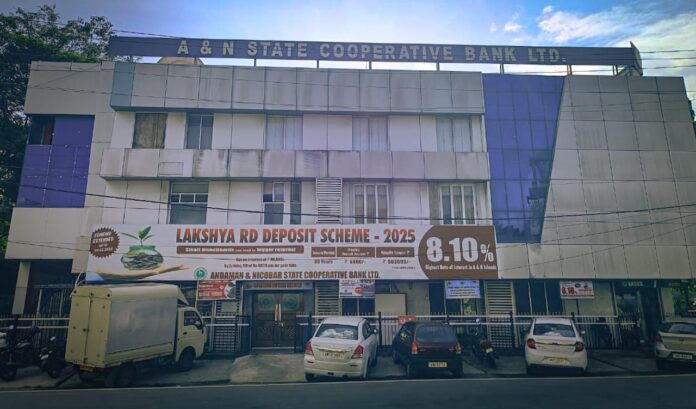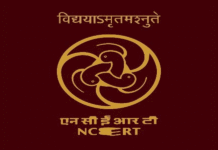The Reserve Bank of India (RBI) has imposed a monetary penalty of ₹16 lakh on the Andaman & Nicobar State Co-operative Bank Limited after identifying serious lapses in regulatory compliance. The penalty, formalised in an order dated August 5, 2025, follows a statutory inspection carried out by the National Bank for Agriculture and Rural Development (NABARD) in connection with the bank’s financial position as of March 31, 2024. According to the RBI, the inspection revealed violations under the Banking Regulation Act, 1949, and non-compliance with directions relating to Know Your Customer (KYC) norms.
The RBI stated that the bank failed to transfer eligible unclaimed deposits to the Depositor Education and Awareness Fund (DEAF) within the prescribed timeline. The DEAF, managed by the RBI, is where banks must transfer deposits that have remained unclaimed for 10 years or more. Even after transfer, depositors or their heirs can claim the funds through the bank, while the interest earned is used to promote financial literacy across India. Regulatory provisions require banks to identify such unclaimed amounts and move them into the fund after the stipulated period. Failure to meet this obligation is considered a breach of depositor protection measures and undermines trust in the banking system.
In addition, the bank was found to have neglected its obligation to carry out periodic reviews of risk categorisation of accounts. Under RBI guidelines, every bank account is assigned a risk level, low, medium, or high – based on transaction patterns, source of funds, and customer profile. These risk levels must be reviewed at least once every six months to detect unusual activity, prevent fraud, and curb money laundering. Skipping these reviews increases the risk of financial misuse and weakens compliance with both domestic regulations and international anti-money laundering standards.
Following NABARD’s inspection findings, the RBI issued a formal notice to the Andaman & Nicobar State Co-operative Bank, asking it to explain why a monetary penalty should not be imposed. The bank submitted a written response and was also given the opportunity to present oral arguments during a personal hearing. After considering both the written and oral submissions, the RBI concluded that the charges were substantiated.
The penalty has been imposed under the powers conferred on the RBI by Section 47A(1)(c) read with Sections 46(4)(i) and 56 of the Banking Regulation Act, 1949. While announcing the action, the RBI clarified that the penalty is based solely on deficiencies in regulatory compliance and does not question the validity of any transaction or agreement entered into by the bank with its customers. The central bank also emphasised that the penalty is without prejudice to any further supervisory or enforcement action that may be taken against the institution.
The development is significant for the Andaman & Nicobar Islands, where the State Co-operative Bank is a key financial institution serving thousands of residents across both urban hubs and remote island communities. It plays a central role in agricultural lending, rural development financing, and providing basic banking services in areas where commercial banking options are scarce. Lapses in compliance here are not merely technical errors, they risk weakening public trust in one of the few accessible banking options available to islanders.
Banking experts note that regulatory actions like this, though punitive, are meant to strengthen the overall compliance culture in the financial sector. They highlight the importance of robust internal audits, timely adherence to depositor protection norms, and continuous monitoring of risk-prone accounts. The RBI’s repeated focus on KYC and anti-money laundering compliance reflects its broader agenda of ensuring that the banking system remains transparent, secure, and resilient. For customers, such penalties do not mean their deposits are unsafe, but they are a reminder that strict regulatory oversight exists to safeguard public money.
As of now, the Andaman & Nicobar State Co-operative Bank has not released any public statement in response to the RBI order. Whether the bank will appeal the penalty or take corrective measures remains to be seen. In the meantime, depositors and stakeholders are closely watching for signs that the institution will address the lapses promptly and restore confidence in its operations.





